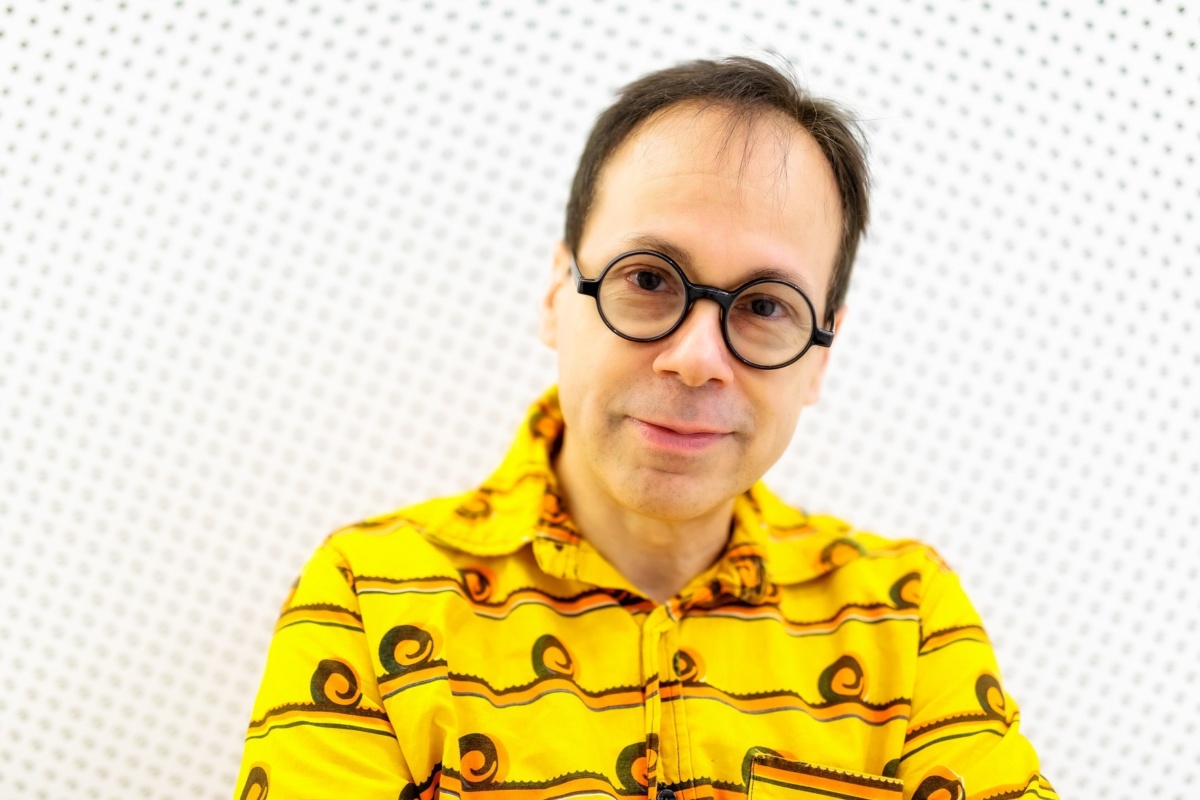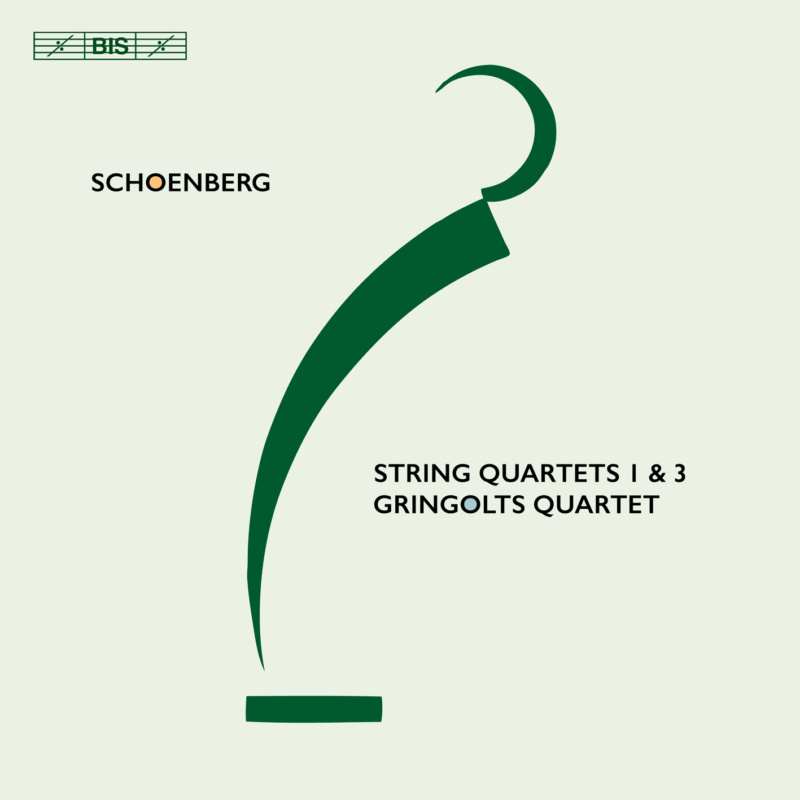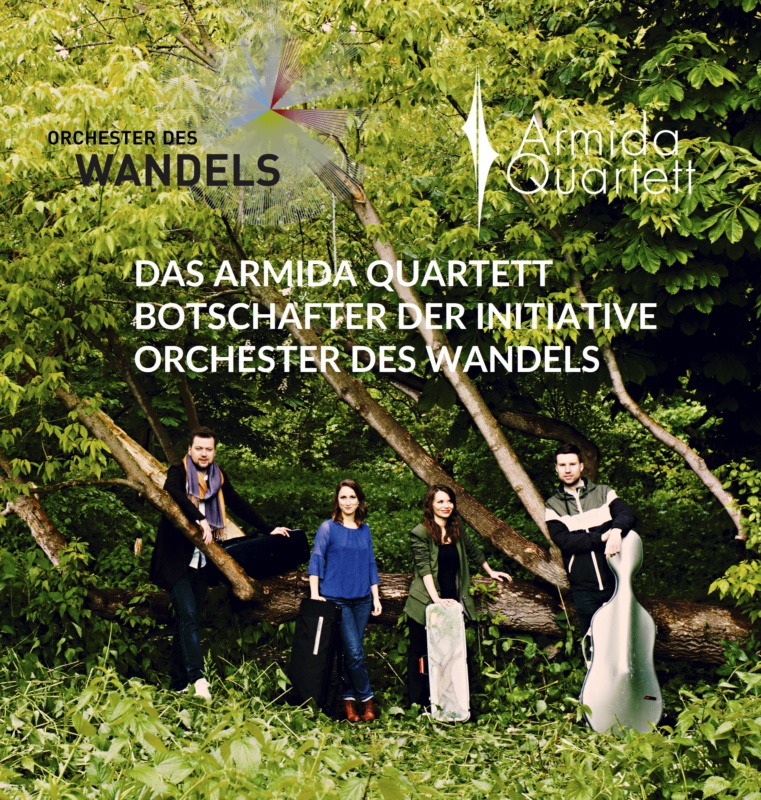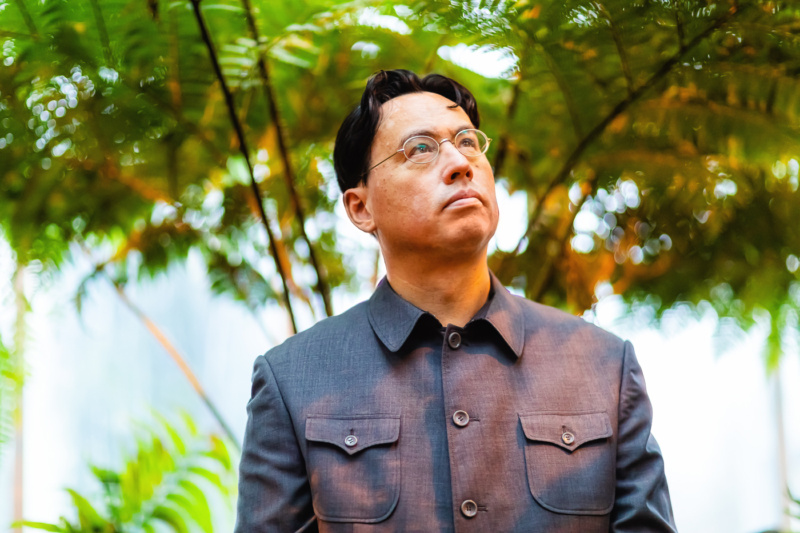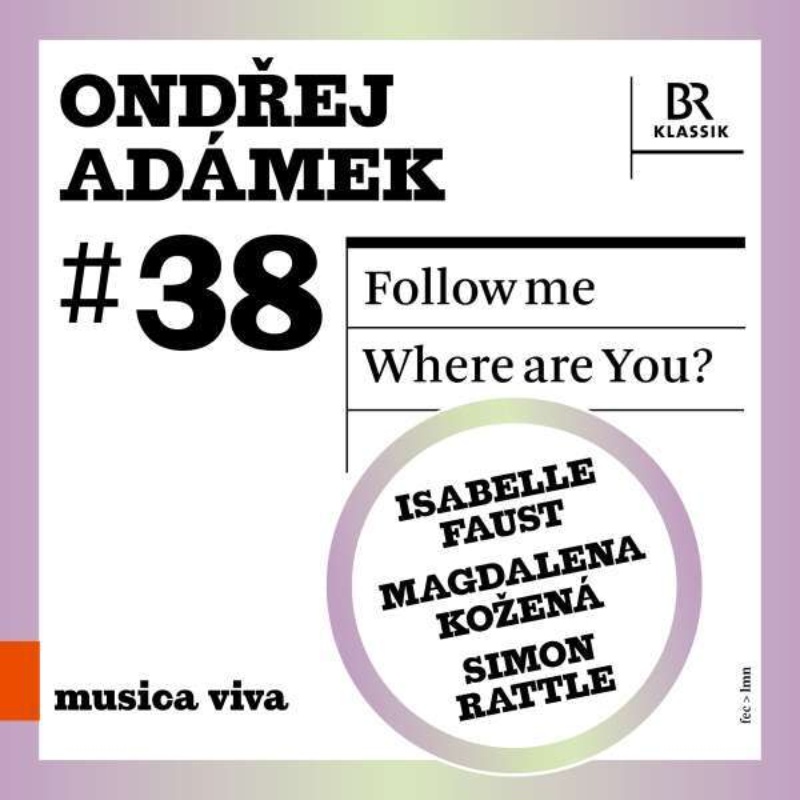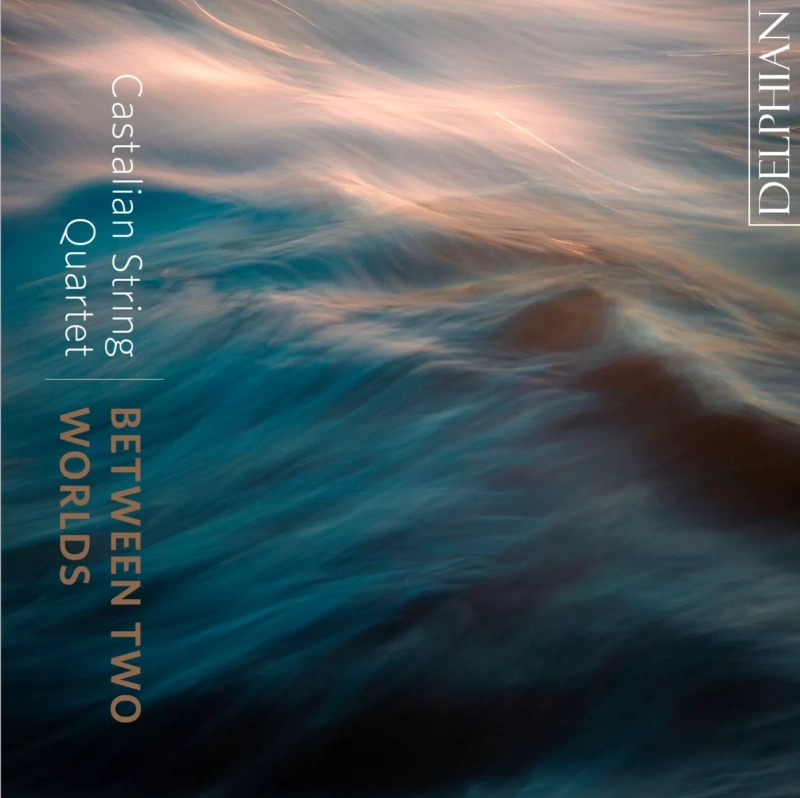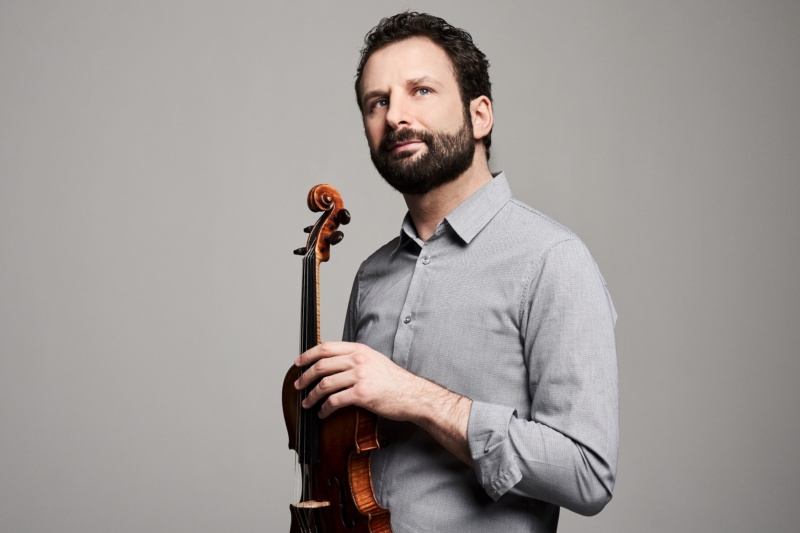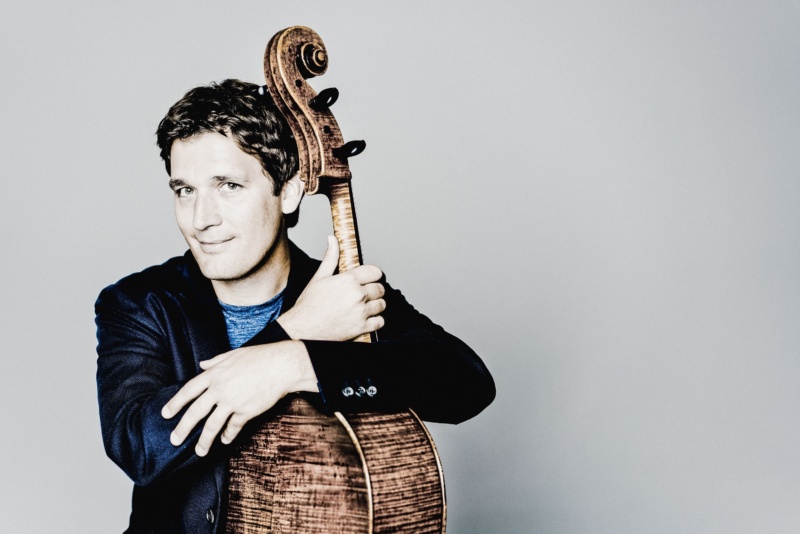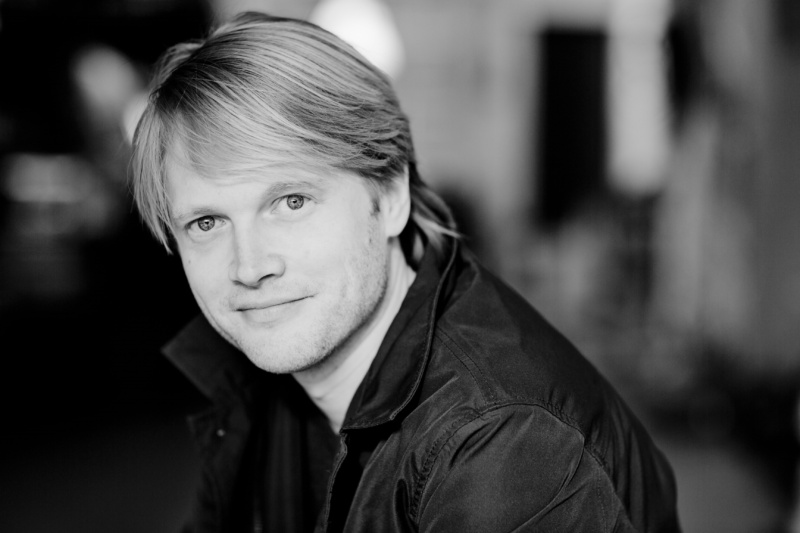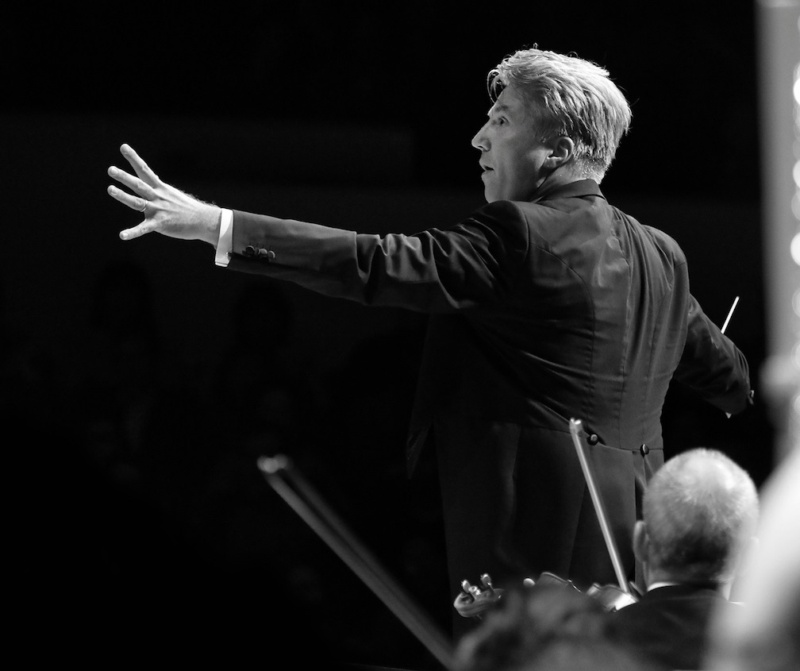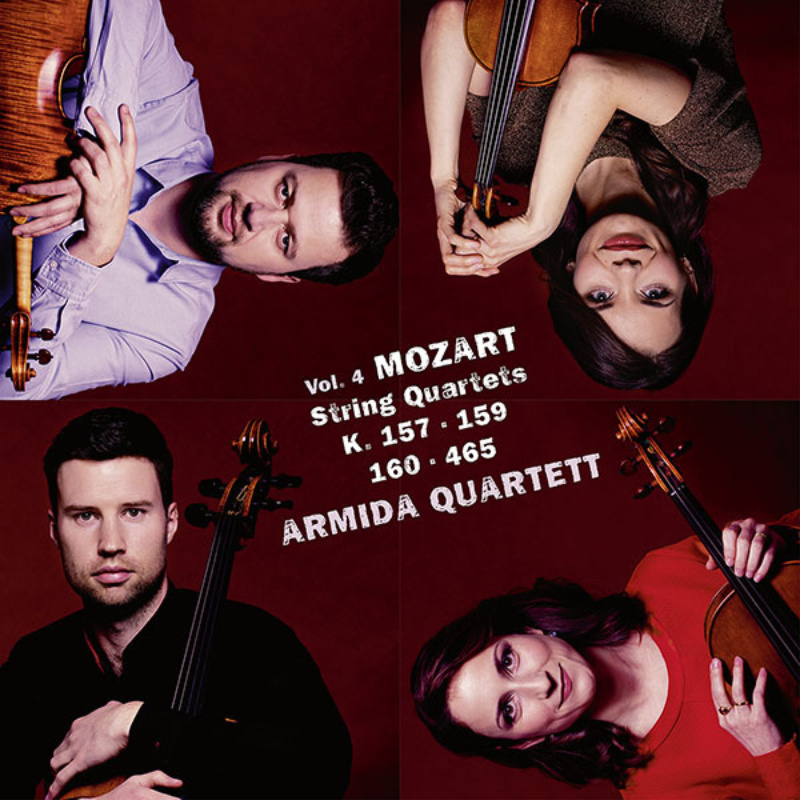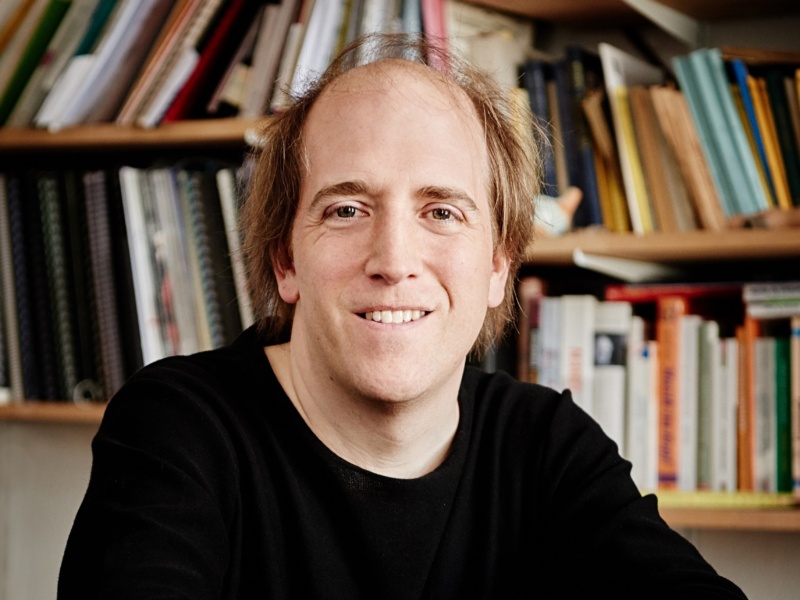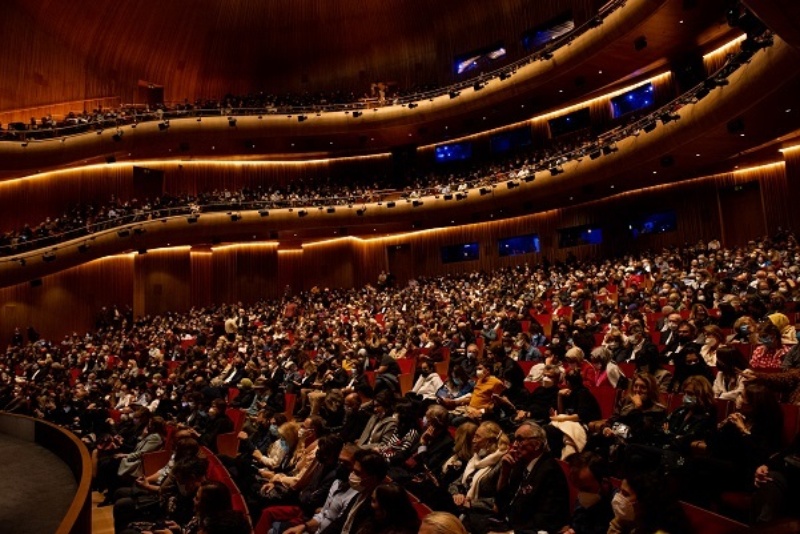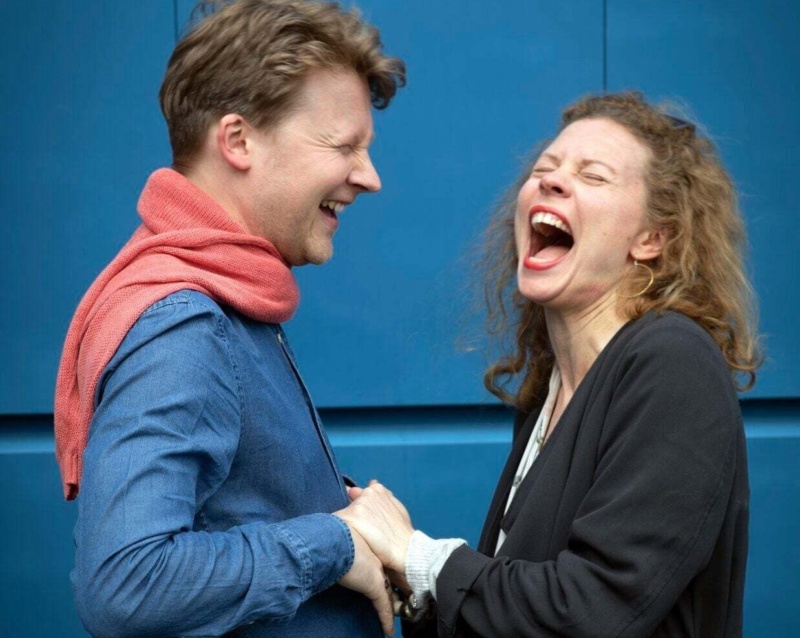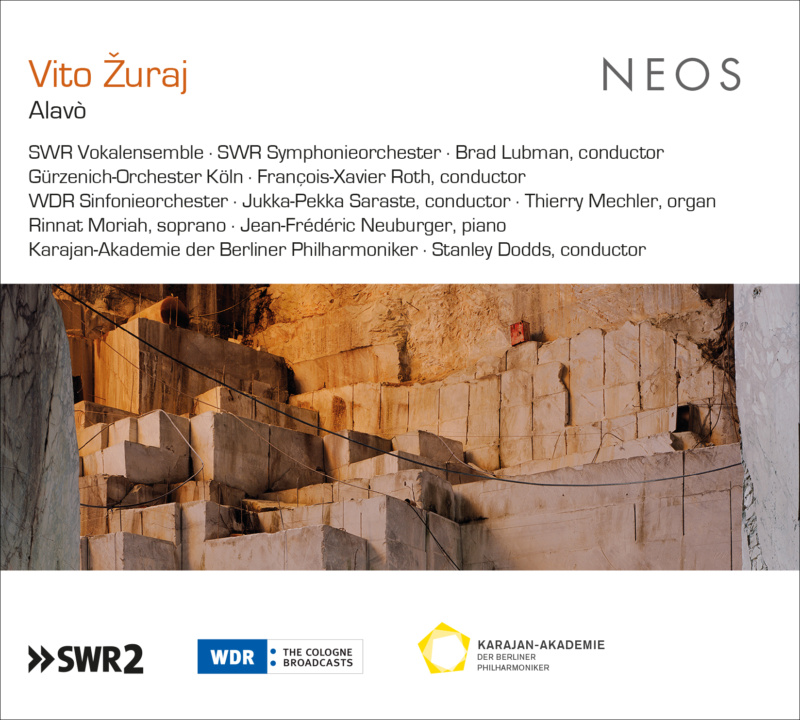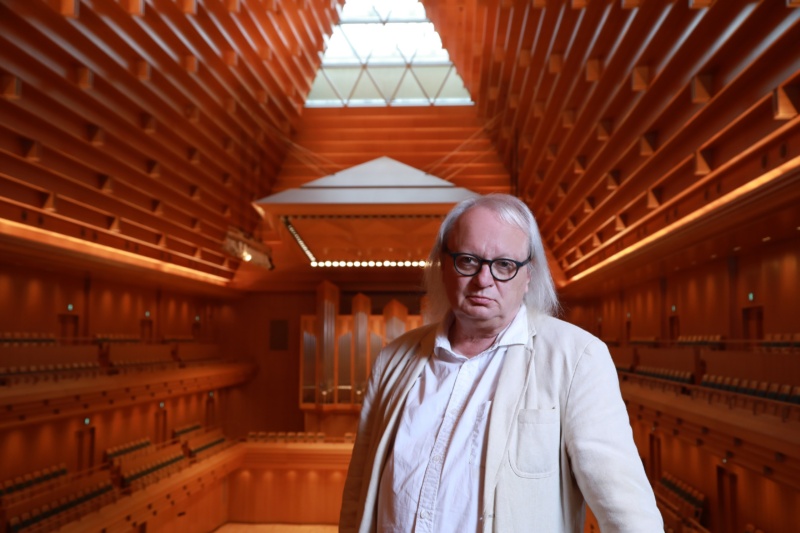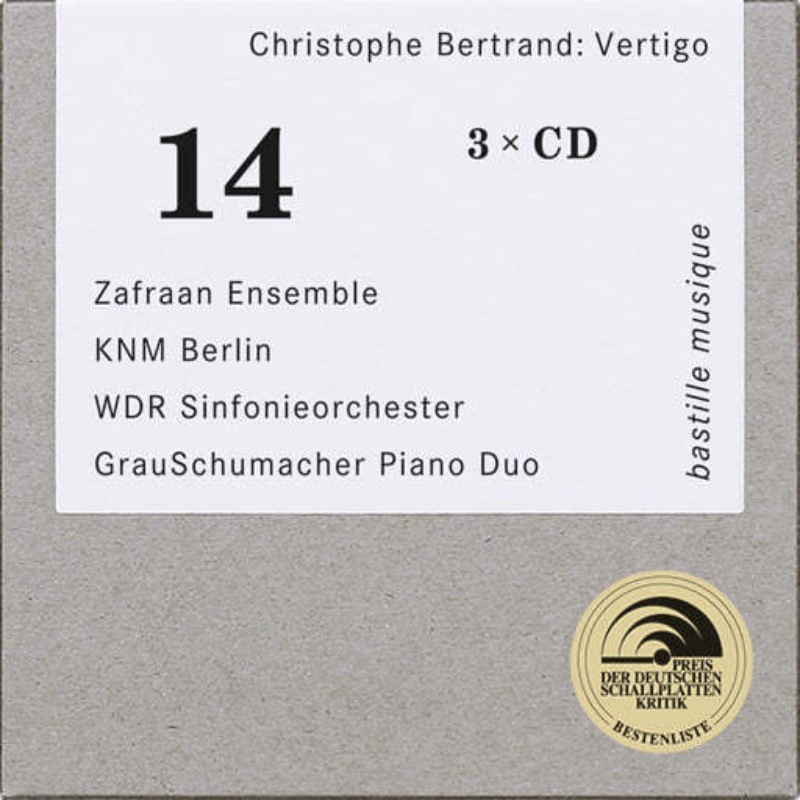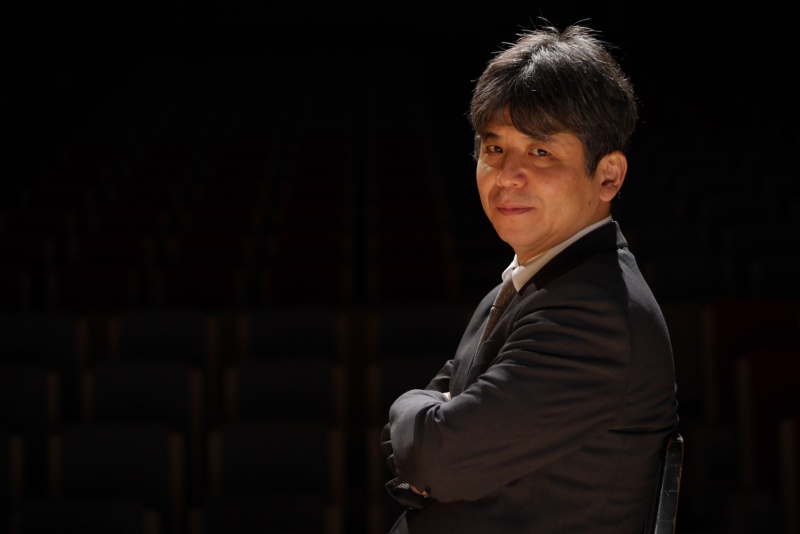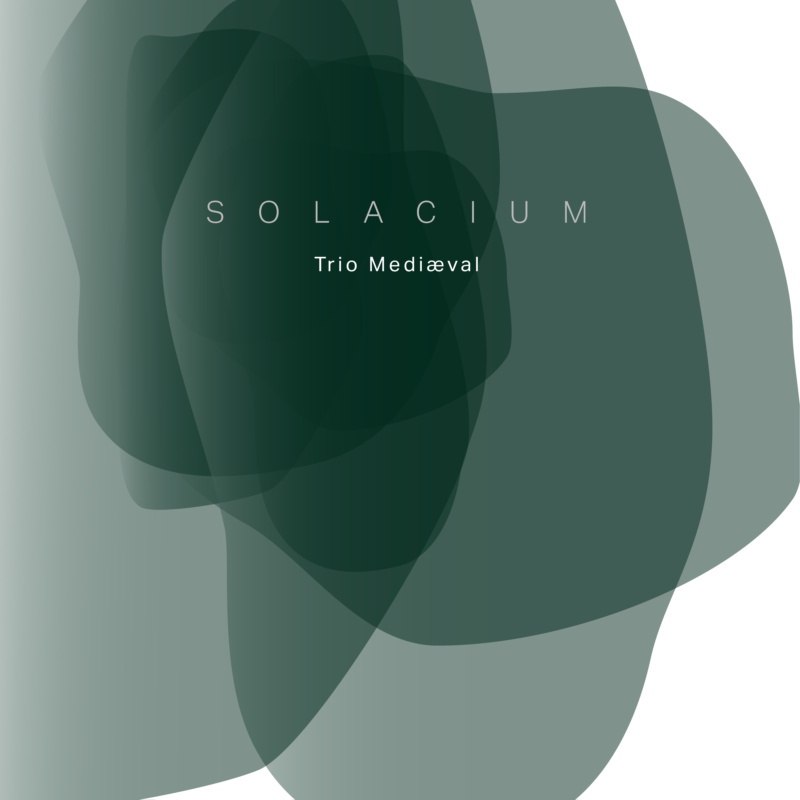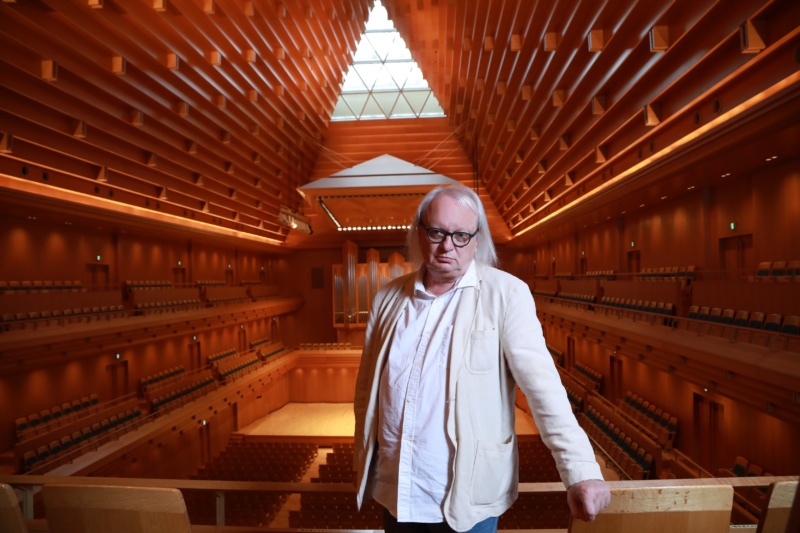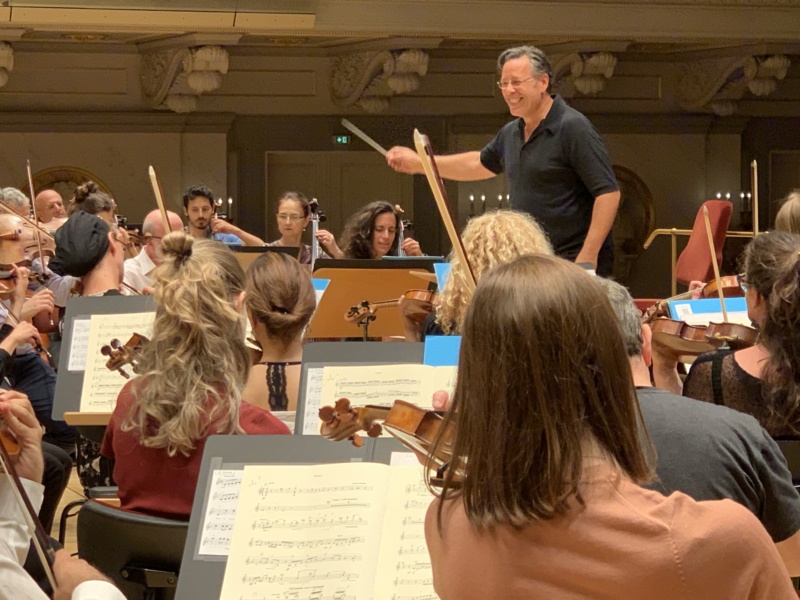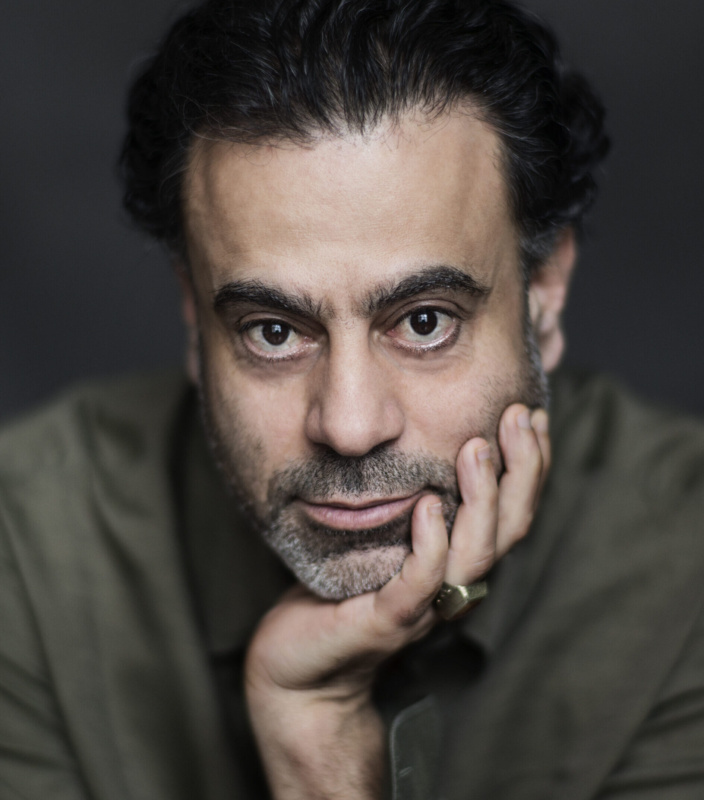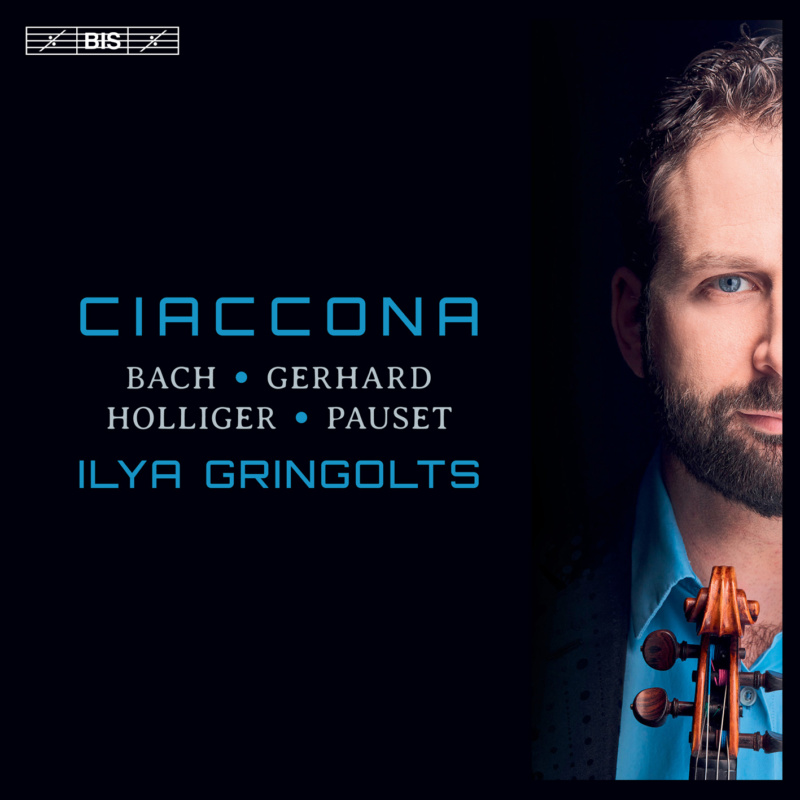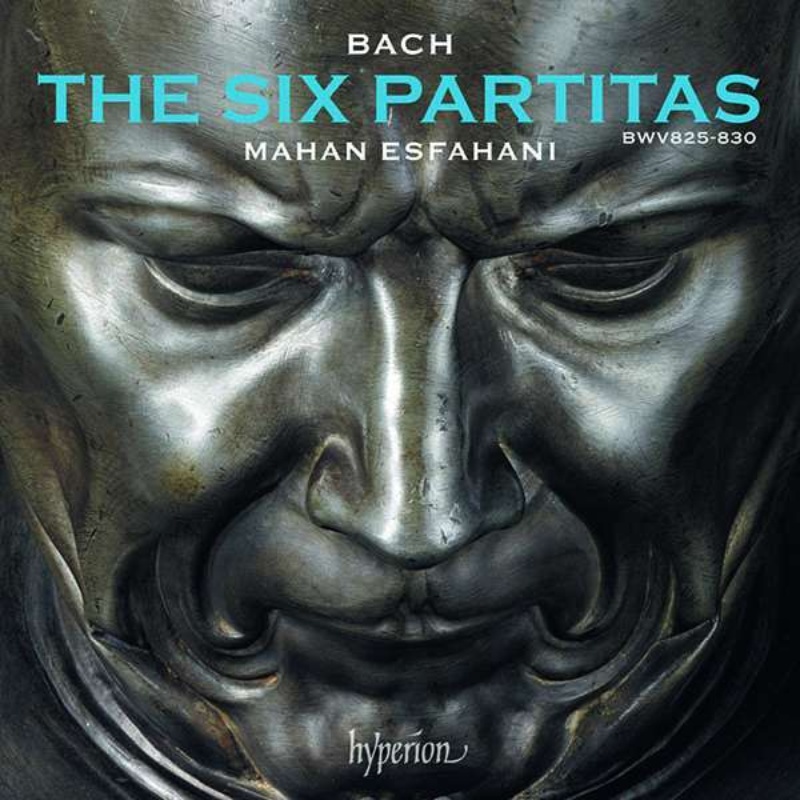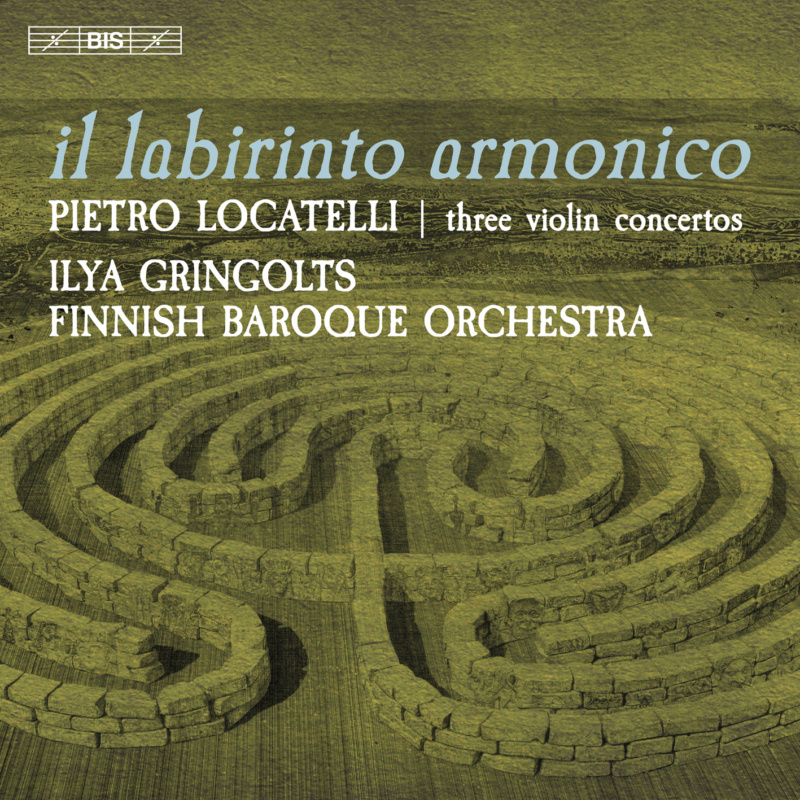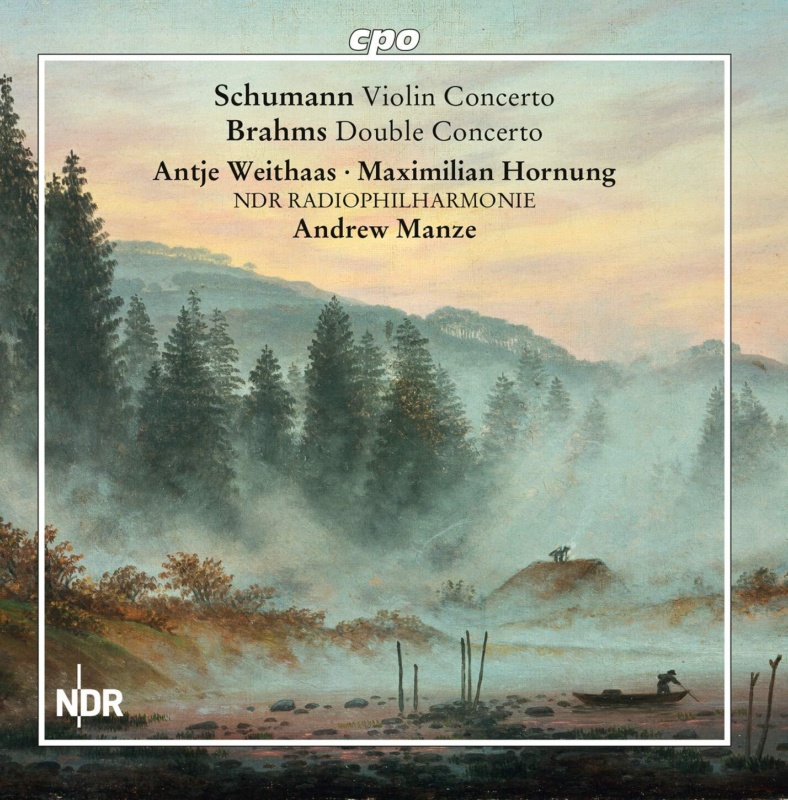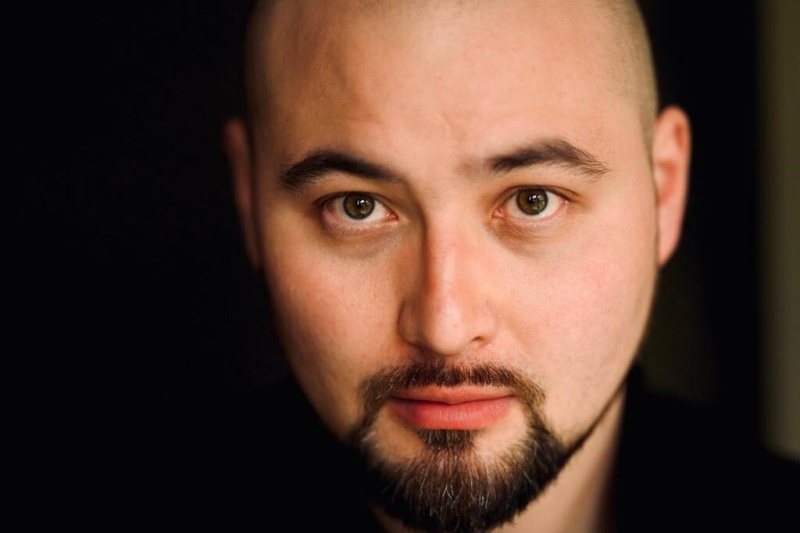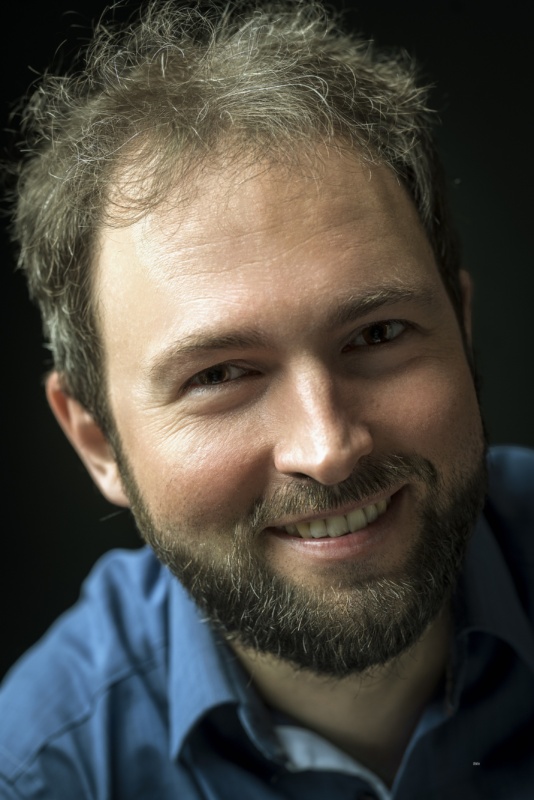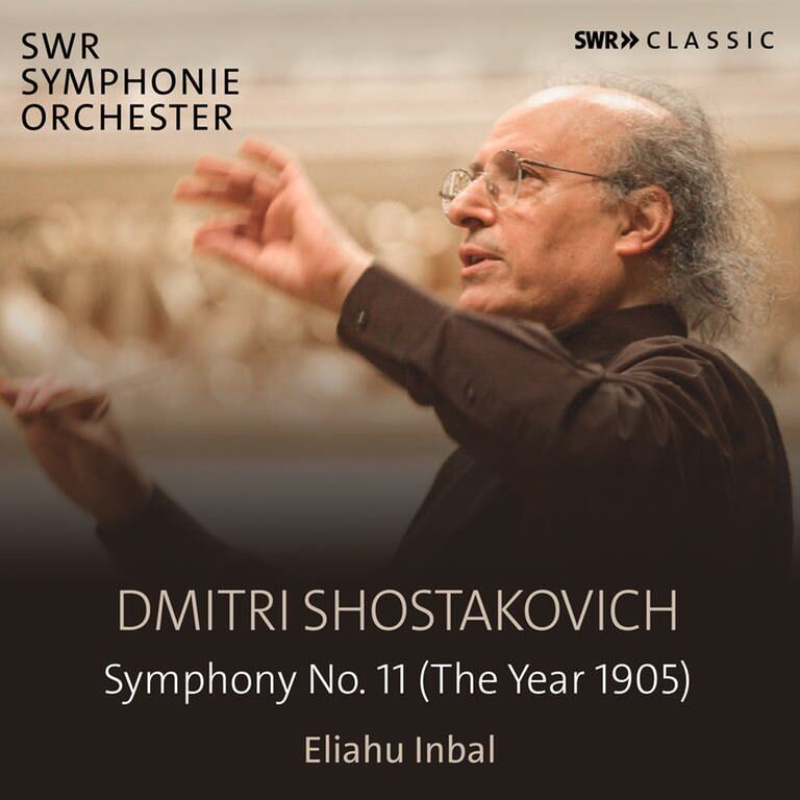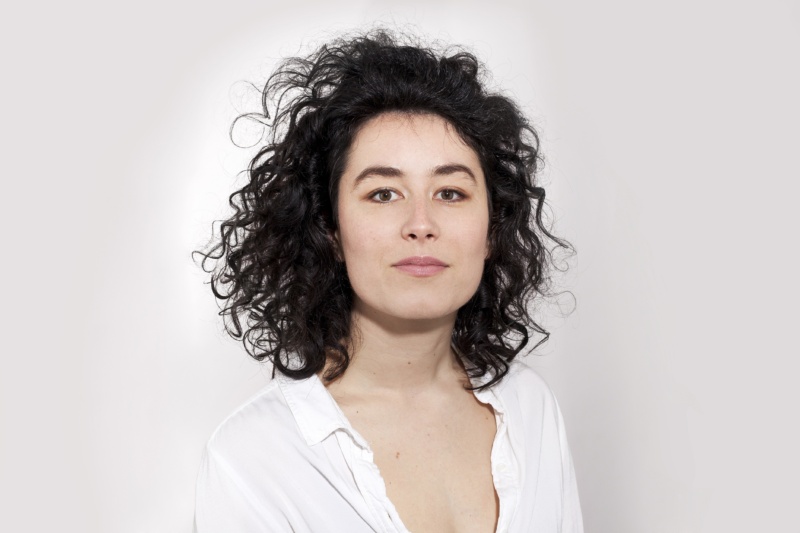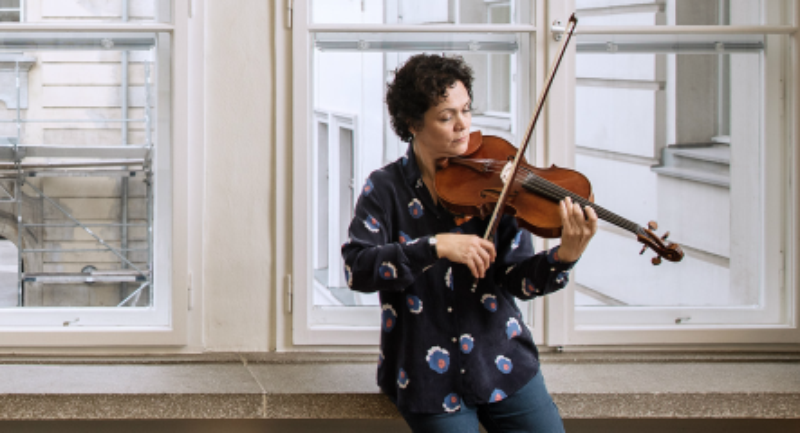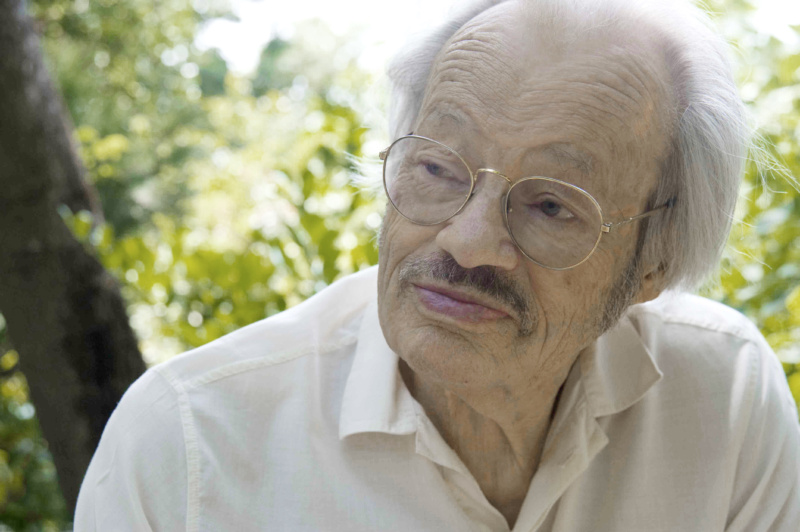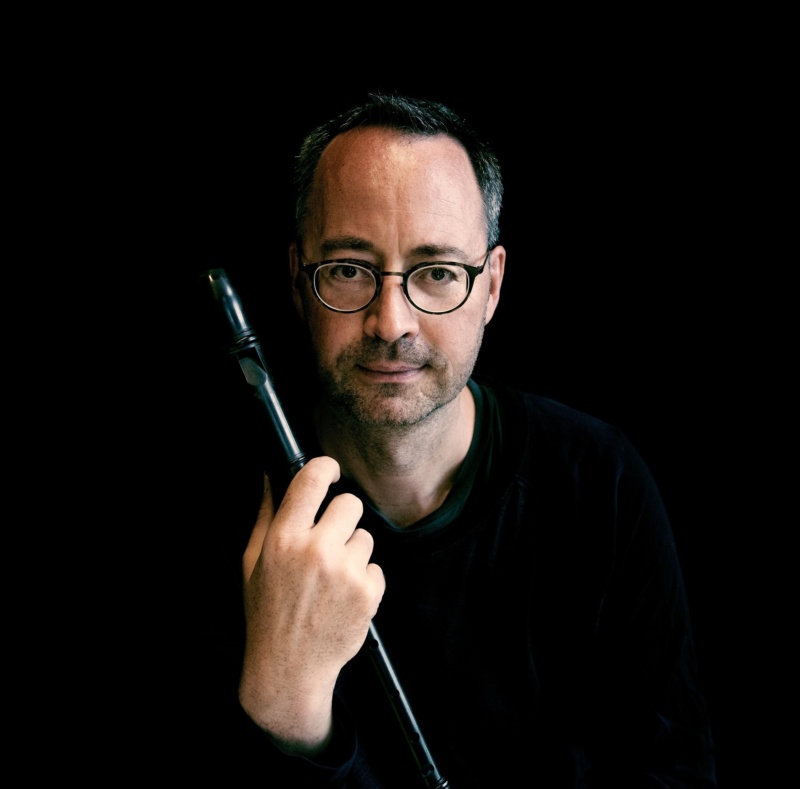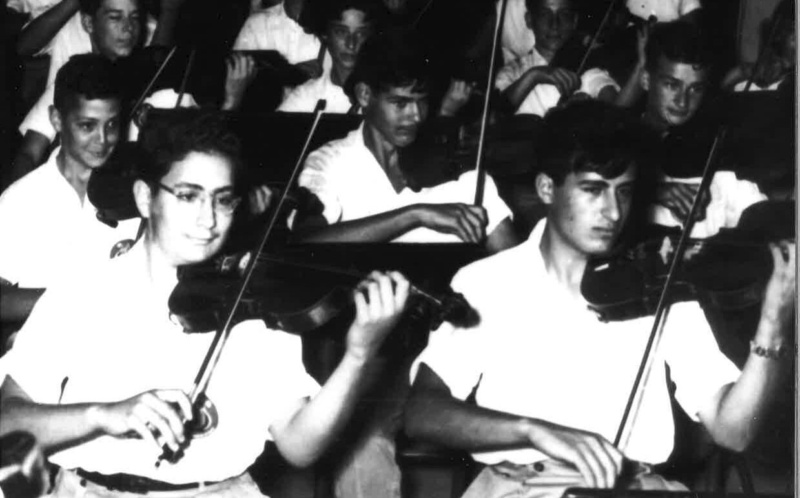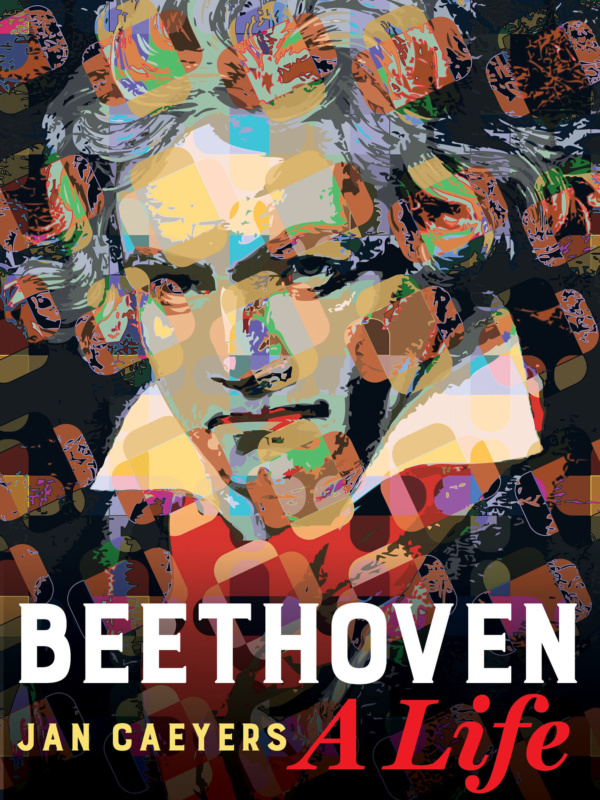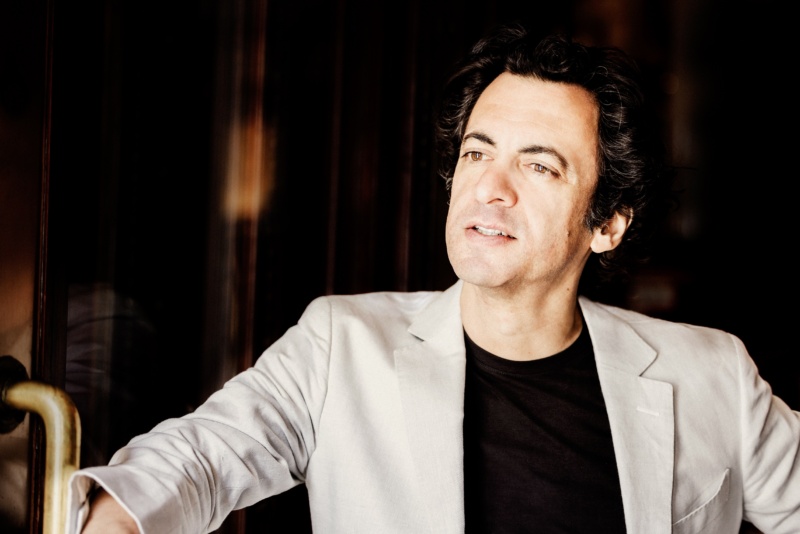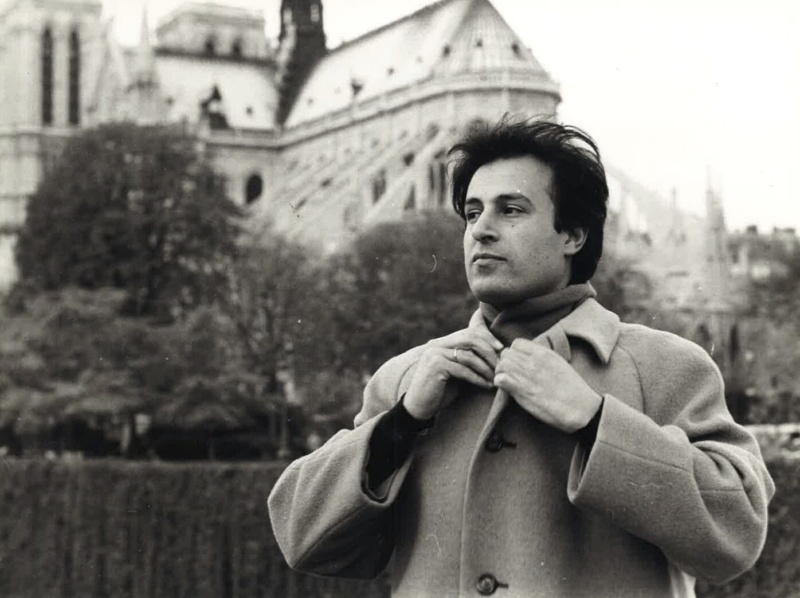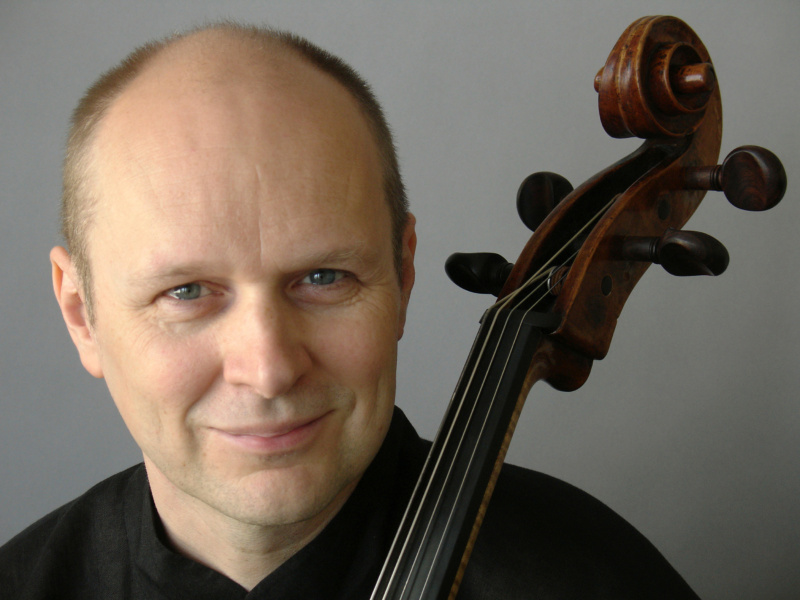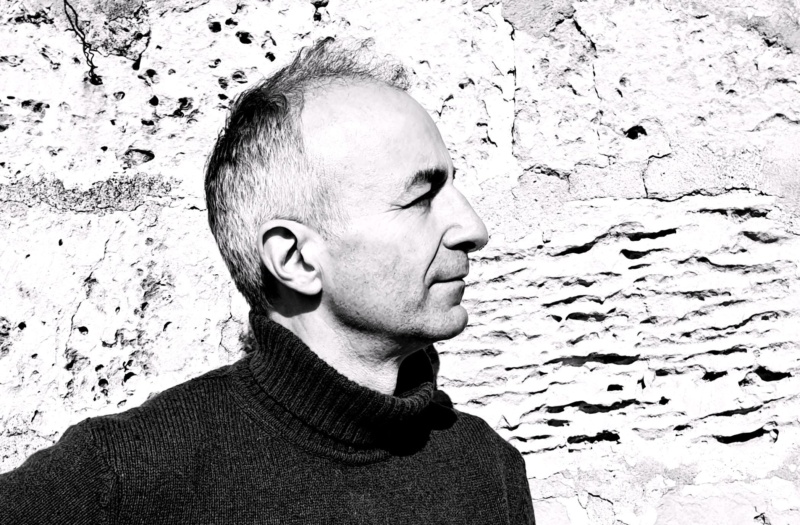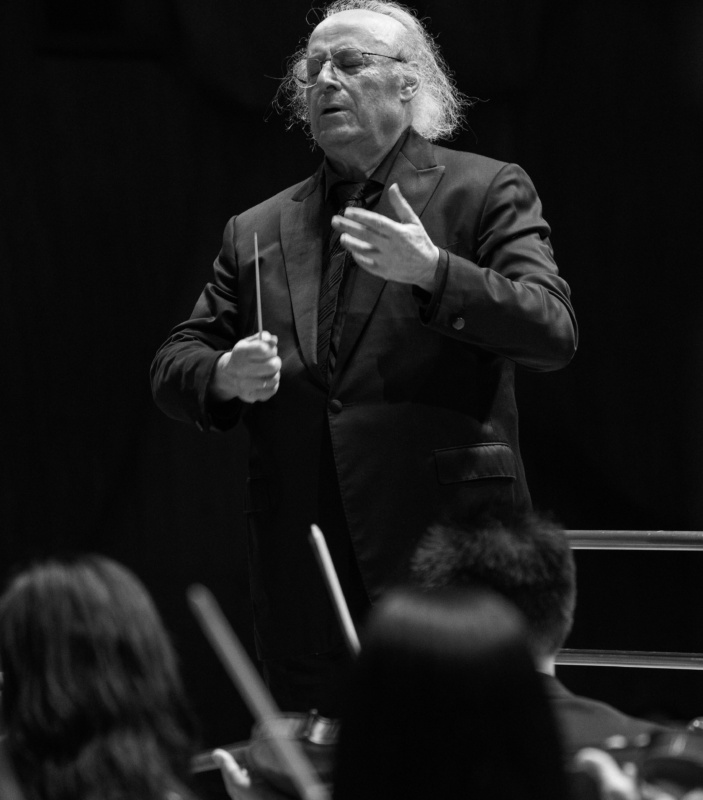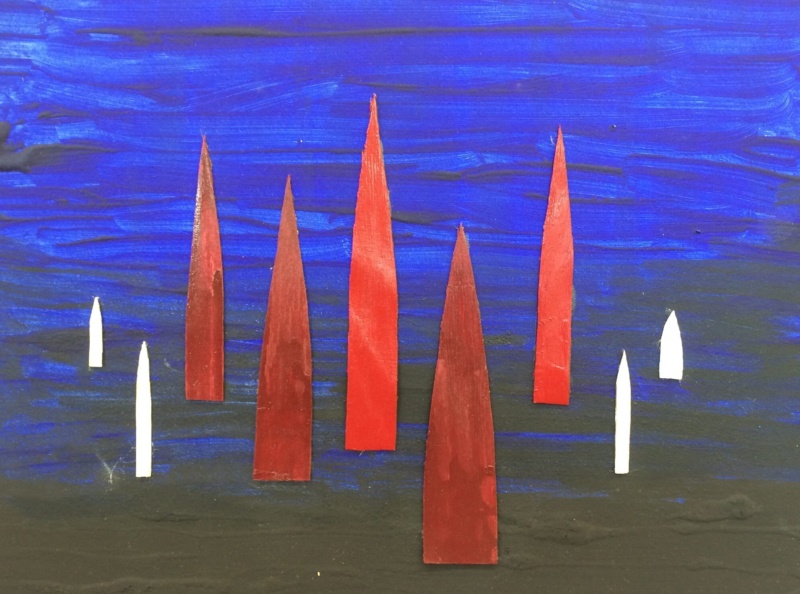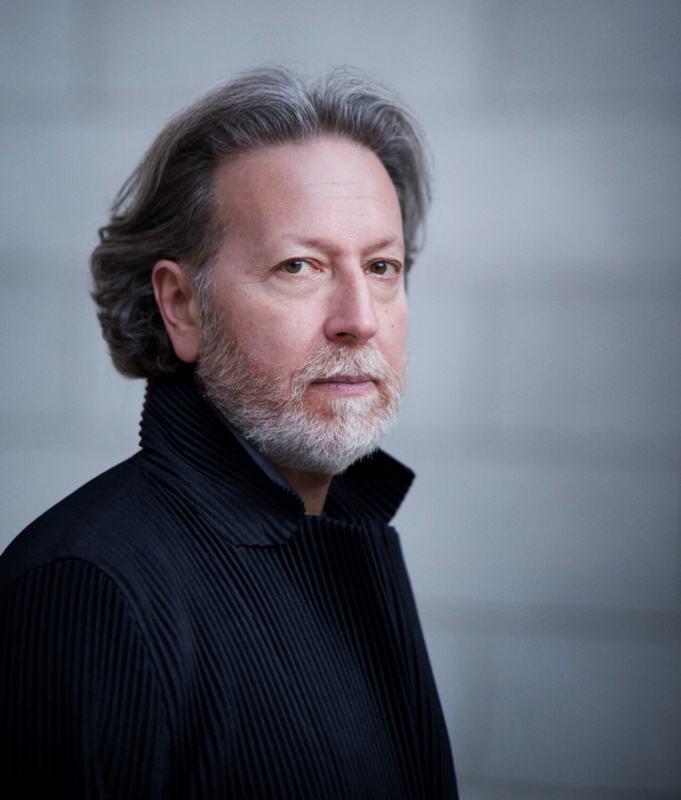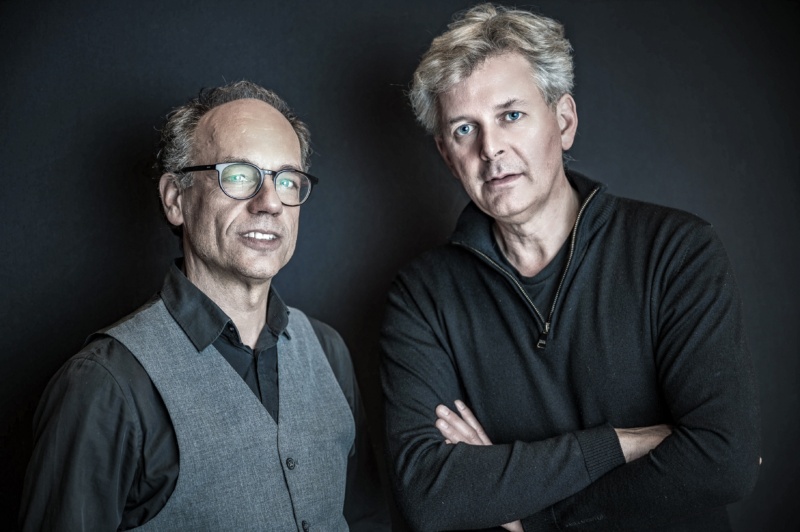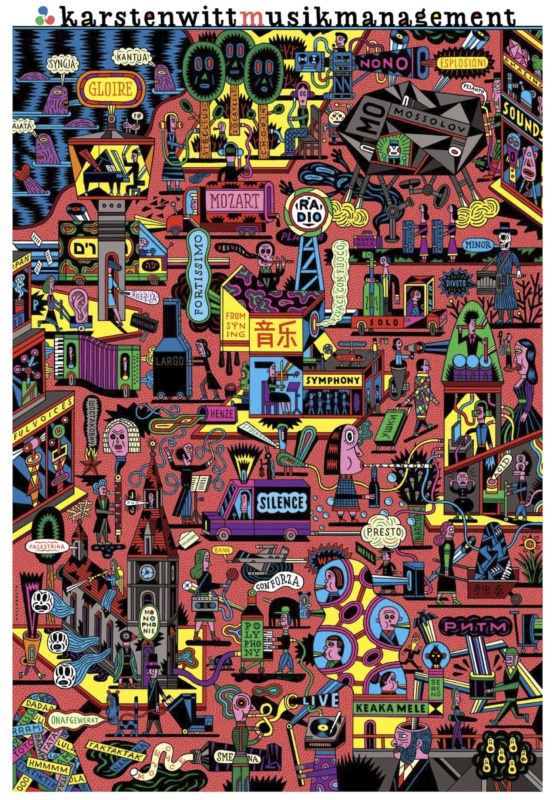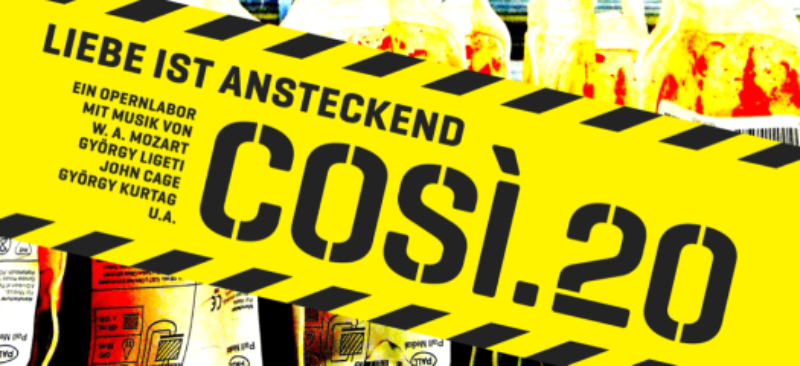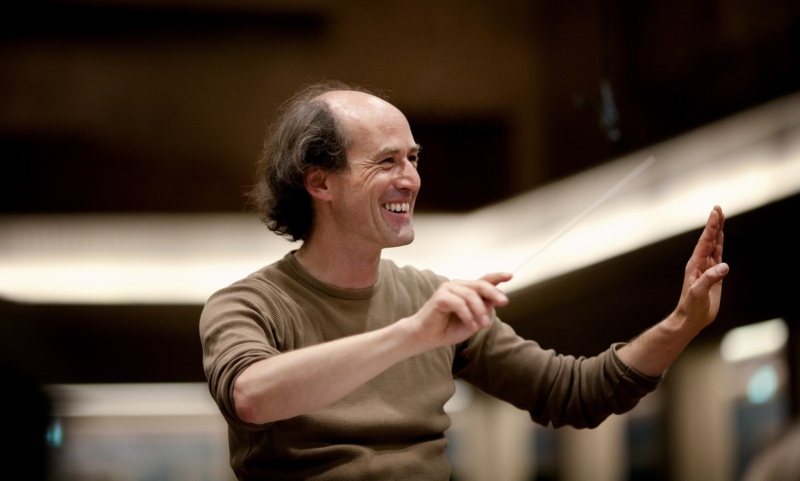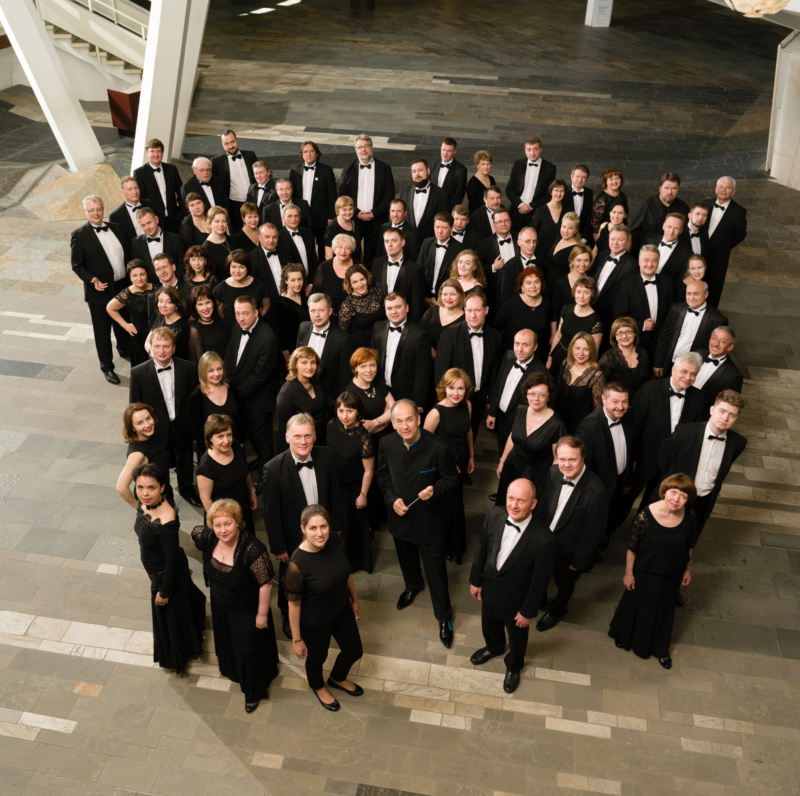For almost three decades, Lukas Ligeti has been active as a musician and composer in various African countries with his approach of experimental intercultural cooperation, seeking ways to share creativity. His expertise and networking made him once again a bridge builder. In an interview before the event, he talks about his experiences, goals and hopes as curator of the World New Music Days 2023.
What is the ISCM, and what are the World New Music Days?
The International Society for Contemporary Music is the world's leading network of organizations supporting new concert music (new art music). Founded in Austria in 1922 by 24 of that era's most significant composers including Anton von Webern, Béla Bartók, Paul Hindemith, Egon Wellesz, and Ethel Smyth, it today has roughly 60 member organizations located in more than 50 countries around the world. Its flagship activity is a yearly festival of new art music, the World New Music Days, which was first held in 1923 and which migrates to a different country every year. So if we conceive of the ISCM as a United Nations of New Music, the WNMD is the UN general assembly.
The 2023 edition of the WNMD, which is the festival's centenary, will take place in South Africa, the first time it is held on the African continent. You are the artistic director. How did all this come about?
I'm on the board of NewMusicSA, a small organization that was founded around 2000 by the South African composer Michael Blake and whose mission it is to support and promote new art music from and in South Africa. NewMusicSA also happens to be the South African chapter organization of the ISCM, and is in fact the only ISCM member organization in Africa. I was contacted a while ago by the executive committee of the ISCM about the possibility of NewMusicSA hosting what will be the centenary WNMD. The ISCM realized that it had never held a festival in Africa, and that Africa is underrepresented among its membership and hasn't had a strong presence in the history of the WNMD. So they wished to engage more strongly with Africa and be more inclusive of composers from here. They asked me to be the artistic director based on my unusual status as a creator of experimental music who works on innovative projects with musicians across Africa, and who is equally rooted in the musical life of Europe, America, and Africa. I was initially skeptical, both of NMSA's capability to host the festival and of the need for me to be the artistic director of this edition of the WNMD, but the executive committee convinced me and I came to see this as a huge opportunity for new music in Africa.
Your are not originally from South Africa. What is your connection to South Africa, and to Africa in general?
I grew up in Austria, and despite being the son of a great composer (whose career, incidentally, was jump-started by a very successful performance of a work of his at the 1960 WNMD in Cologne), I had a late start in music, beginning serious study only at the age of 18. But then, through a variety of coincidences, I was quickly exposed to African music. Fascinated with what I heard, I started developing my artistic voice by attempting to come up with original and independent responses to African musical concepts. That led to an invitation by the Goethe Institute to work with musicians in Côte d'Ivoire. And this first trip to Africa, almost 30 years ago, then led to founding Beta Foly, an experimental intercultural ensemble based in the Ivory Coast. My present band, Burkina Electric, based in Burkina Faso, is an outgrowth of this. These experiences led me to develop an approach to joint creativity that I refer to as experimental intercultural collaboration, and over the years, I've had the chance to do collaborations in various African countries, such as Egypt, Ghana, Uganda, Kenya, Zimbabwe, Lesotho, Mozambique, etc.
I first visited Johannesburg on a concert tour in 1997, and in 2005, I was invited to perform at the Unyazi Electronic Music Festival, which was organized by NMSA and curated by the South African composer Dimitri Voudouris and which turned out to be a huge milestone not only for me, but for everyone who participated or attended (other featured artists included Pauline Oliveros, George Lewis, Halim el-Dabh, Francisco López, and many others). This, in turn, led to an invitation from Wits (University of the Witwatersrand) professors Jeanne Zaidel-Rudolph and Mary Rörich to come back to Johannesburg as composer-in-residence at Wits. I never stopped returning and eventually met my wife in Johannesburg, did my PhD at Wits, have had a home in the city since 2012, and currently have an appointment as an Extraordinary Professor at the University of Pretoria.
What is your primary focus in programming this festival?
There are three components, or programmatic pillars, to the festival. The first is in keeping with the basic principle of ISCM World New Music Days: At least one composition sent by each chapter organization will be performed. That's already a lot - more than 60 works selected from more than 350 submissions. To make these selections, I put together a panel of 15 expert judges from all over Africa. In the 100-year history of the WNMD, this is the first time an African panel has selected the works to be performed under the auspices of the ISCM. And obviously these works, which include several world premieres, represent a wide variety of current trends in composition, globally. And the festival will be attended by delegates from most of these member organizations, as well as many of the composers. The second component is based on the recognition that the WNMD has for the past 100 years been one of the most important, if not the most important, festival for contemporary composition worldwide, so many of the landmark works of the 20th and even 21st century have been performed at the festival's various editions. And since this is the centenary, we will present a small retrospective of some of these highlights. Almost none of these works have been performed in Africa before, so this is also an opportunity for local audiences to hear a part of music history to which they are not normally exposed. Finally, the third component is what I think makes this festival unique: We will be presenting a highly diverse and eclectic overview of new, experimental, unconventional music currently being done in, and in connection with, Africa. And I think this is very important, because Africa is often overlooked as a site for musical innovation, but in reality there is a lot of highly original and unusual music coming out of the continent. But no festival has ever undertaken to showcase this music. So that is what we are doing.
In the run-up to this festival, we organized the Oluzayo African Music Futures Festival, which took place in Cologne, Germany in early June in collaboration with African Futures, a large academic conference on African affairs. This festival was curated jointly by the Cologne concert organizer Thomas Gläßer, the South African singer and electronic musician Nonku Phiri, the Kenyan sound artist Kmru (Joseph Kamaru), the Spanish DJ and cultural project manager Ignacio Priego, and myself. We featured a wide range of forward-thinking African music realized with means ranging from traditional instruments to self-built electronics. We also commissioned four new works that engaged with African music theories and practices in creative ways; these were premiered by Germany's leading new-music ensemble, Ensemble Modern. The composers we commissioned were selected through a call for project proposals, for which we received more than 120 submissions, about half of which came from Africa, including some of that continent's leading composers, and the other half from all other parts of the world. Oluzayo, including the concert with the Ensemble Modern, will be repeated in South Africa as part of the WNMD's African focus.
I must mention that while we are featuring music from wide swathes of the continent, we are limiting ourselves to regions south of the Sahara. North Africa is culturally closer to the Middle East, the Arab world, and is not part of our programming as it otherwise would simply have become too much to cover. It is time for Africa to take its seat at the table of the global discourse on new and experimental music. So with this festival, Africa south of the Sahara is saying, we have arrived: we, too, contribute some of the world's new music.
What are some of the pleasures and challenges of organizing such a festival, specifically in South Africa?
Programming such a festival requires a huge amount of research, and I've come into contact with lots of music I was previously unaware of, and lots of great composers and musicians. I initially had a pretty good overview as I've been working in various parts of the continent for a long time, but there is always much new inspiration to discover! It's also a great pleasure to work with my team, my colleagues who are organizing this festival with me. The board of NMSA includes our chairman, Diale Mabitsela, as well as Nonku Phiri, Adeyemi Oladiran, and Chesney Palmer. Among our staff, we have our program manager Ignacio Priego, as well as David Lephoto, Marvin Weavers, Sinenhlanhla Mdiya, Gomolemo Tibane, and Camron Andrews. Working with all of them is pleasant and fun, and I'm learning a lot in the process.
South Africa is definitely a challenging place to do such a festival, not least because no comparable new-music festival has ever been done in the country before - the aforementioned 2005 Unyazi Festival came the closest, but was smaller with a narrower focus. There are infrastructural challenges as well, for example "loadshedding", which is a euphemistic moniker for very frequent scheduled power outages that have unfortunately become a part of normal life in South Africa during the past decade.
But the greatest challenge, apart from keeping track of all of the many threads involved in putting such a big festival together - we will be putting on about 30 events in 10 days - is the budget. We've received generous support from a number of government agencies in South Africa, such as the Department of Sport, Arts and Culture, and private South African foundations such as the Oppenheimer Music Trust and the Rupert Foundation, as well as the German government and other public and private entities and individuals. But it is still a major struggle to fund such a large festival, and we will continue our fundraising until the last minute and would be very grateful for any donations, even very small ones. We're set up for tax-deductible donations in the USA and several other countries and are still hoping some individuals care enough about creativity in Africa to support us.
When and in what kinds of venues and locations will the festival take place?
The festival will run from 24 November to 3 December 2023, with the November events taking place in Johannesburg and the ones in December in Cape Town. We will be using a wide variety of venues in accordance with the wide variety of music we'll present. For example, in Johannesburg, we will open the festival at the Linder Auditorium, the city's main symphonic venue, and will then move to other beautiful locations such as the Keorapetse William Kgositsile Theatre at the University of Johannesburg; the Centre for the Less Good Idea, a space founded by artist William Kentridge; and the Johannesburg Holocaust Centre. We'll also be holding late-night club concerts at spaces such as Untitled Basement in Joburg's hip Braamfontein neighborhood and at a discotheque in the historically important township of Soweto. The venues in Cape Town will be similarly eclectic, ranging from the more touristy Victoria & Alfred Waterfront to the artsy Youngblood Gallery and museums such as the Norval Foundation. And the musicians performing in these venues will be expert interpreters and improvisers from South Africa, other African countries, and worldwide.
In what ways do you believe that this festival is important for new music, for Africa, and for the world? How would you wish for the rest of the world to regard new music from Africa?
All over Africa, there are open-minded musicians who are creating work that questions conventions in some way. But, as opposed to Europe or America or, for example, Indonesia, Africa doesn't really have a tradition of deliberate musical experimentation, which is due in part to the strong role community plays in African music. But of course experimentation in African music is possible and can be enormously productive, and it is likely that many of the musical elements we regard as traditional today are the long-term consequence of certain individuals coming up with new ideas. And let's face it: research and development in music isn't commercially successful anywhere, not even in Europe where it is strongly supported by governments and major institutions. In Africa, institutional support is hard to come by, so musicians who do something unusual often lack support. Cultural institutes from other countries, such as the French or German cultural centers, do support African musicians, but to be completely frank, these institutions in many instances promote an image of Africa that comes naturally to them, which in some ways just reinforces the clichéd impressions people in the West often have of Africa. Of course, clichés exist everywhere and it isn't only the West that has a certain impression of Africa: Africa, too, has a certain impression of the West, and while such impressions usually do contain a grain of truth, they're superficial overall. And most people do not think of Africa as a continent for musical innovation, or even for innovation at all. But they are wrong. While Africa's technological infrastructure may be weak, the continent is still home to numerous innovative trends even in technology, such as Kenya's M-pesa mobile banking system. And let's not forget Africa's foundational position in global popular music: African elements, brought to America by the slaves, are at the epicenter of the blues, jazz, rock, and pop, so indispensable that they tend to be taken for granted.
So the bottom line is that creative, experimental music in Africa is undersupported, and as a consequence, too little known throughout the world. And that is a shame, since African culture is full of enormously insightful concepts about how we can create, think about, and listen to music. So I think the significance of this festival is that it offers the unique opportunity to have the United Nations of New Music's General Assembly in Africa for the first time. African audiences will hear music they've never been exposed to. Audiences from the rest of the world will hear music they've never been exposed to. People will meet, discuss, exchange ideas, and connections will be made in a much more direct way than would be possible 99.9% of the time. We are building new communities for a globalized world of new music.
When thinking about music in Africa, it is necessary to realize that it is a culturally enormously diverse continent. Even a mid-sized African country will host several dozen indigenous languages. South Africa has 11 official languages - and that's just the ones officially used for political or business purposes! And the music is just as diverse. So when musicians from different parts of Africa come to our festival to showcase their work and collaborate, we aren't just bringing Africa and the outside world closer together, but we're also promoting intra-African dialogue and exchange in a big way.
So: The rest of the world should see Africa as a place of diversity, of ideas, of complexity. It is a complicated continent and one that is growing and remaking itself. It might actually be easier to say how the world should not see Africa. It should not see Africa as a continent of war, famine, and disease. Yes, those things exist in Africa, but so do they in other parts of the world. They should also not see Africa in a way that essentializes who Africans are or what they do. For example, it is not productive to see Africa as the "black continent". Sure, the vast majority of Africans are black, but there also are significant non-black communities - and at the end of the day, what insights about people do we gain by classifying them by race? The color of a person's skin says nothing about their thoughts or their character. And so it's also unproductive to apply clichés to Africans such as that they "have rhythm in their blood". Having worked on the continent for decades, I can assure you that there are people in Africa who are talented for music, and those who are less talented, just as everywhere else in the world. And I can likewise assure you that there is far more to African music than rhythm. It's a continent full of melody, harmony, timbre, and deeply felt musical emotion, just as everywhere else in the world. So it is much more productive to realize that we, as humans, share our common spaceship Earth, and have much, much more in common than what sets us apart. This realization also helps reduce culture shock. We can always find commonalities, common ground. Thus, there is nothing inherently counterintuitive about experimental music in Africa, and our festival will demonstrate this along with how musical traditions and experimentation from Africa and the rest of the globe can communicate creatively and productively. We build on our commonalities and our differences to better understand each other and the world.
Given that South Africa is the host country, it will play a strong role in the music presented at the festival. What is the current condition of the music scene in South Africa? In the rest of Africa?
South Africa is unique in that it has a vibrant diversity of both African- and European-based cultures. So, for example, concert music and opera in the European tradition are quite ubiquitous, as are various African music traditions, which in this part of the continent are often choral. The country also has a very active jazz and a strong pop scene, whereby various subgenres of house music are especially popular, which is an anomaly in Africa. In the rest of the continent, the most popular dance rhythms are loosely based on rhumba, though they're often presented in a very high-tech manner. Over the last few decades, musicians in Africa have become increasingly audacious and experimental. More conceptually-oriented art forms such as sound art have taken hold not only in South Africa but also, among other places, in Nigeria, a country that has also recently started to flood the world stage with a Afrobeats, a new genre of African pop music. Around the continent, but particularly in East Africa, electronic dance music has become progressively more welcoming to unusual forms of expression.
But there are many problems, too. South Africa is a country of strong political friction, and the music scene - even the new art-music scene, is not exempt. One of the ways this festival is important is that we are bringing everyone to the table. This is not a festival for one particular clique or scene; it is for all composers and musicians. All of Africa is struggling with infrastructural difficulties that also affect music. Copyright protection is an issue in the face of widespread piracy. The lack of availability of high-quality musical instruments at affordable prices is also an issue. But none of this impedes the creativity of people who are motivated, and African music has learned to be very resourceful. Our festival is an example: funding has not been easy, but we are making it happen anyway, as best as we can!
Do you see this festival as having any long-term impact on new music, especially in South Africa?
We hope that this festival will encourage people to create and perform music, especially new music. Putting on so many concerts in such a short time means that we have to reach quite far to have audiences, since few people will want to attend three shows a day. And that inevitably means building new audiences by encouraging people to attend who would not normally attend a concert due to geographical or financial limitations or due to not knowing about the concerts. And by bringing many new people into the conversation - both audiences and musicians - we hope to kickstart interest in new music in the region. Further afield, artists and audiences will be able to benefit from the new connections that have been created, and we hope and expect that this will give rise to many new and innovative musical collaborations and cross-fertilizations.
What would you like to tell people who are contemplating visiting South Africa for this festival?
Late spring is a beautiful time in South Africa. The weather is mild and perhaps the jacarandas will still be blooming. It's a country of wonderful landscapes and a deeply interesting, cosmopolitan culture. Johannesburg is one of Africa's biggest cities, with the cultural vibrancy of the continent but the infrastructure of a major American city. Cape Town is a place of unparalleled natural beauty and has more of a British-colonial feel than the rest of the country. There is great food and wine everywhere in South Africa, and most importantly, the people are extremely friendly and welcoming. Security is an issue, but if one employs a bit of commonsense vigilance, one is very unlikely to encounter problems. The concert venues we will be using are top-notch, and it will be a special adventure to be in a cultural environment that is equally Western and African, all at the same time, and see where this can lead artistically. This will be a unique opportunity to experience a unique selection of music in a unique environment.
Lukas Ligeti, 8/2023
